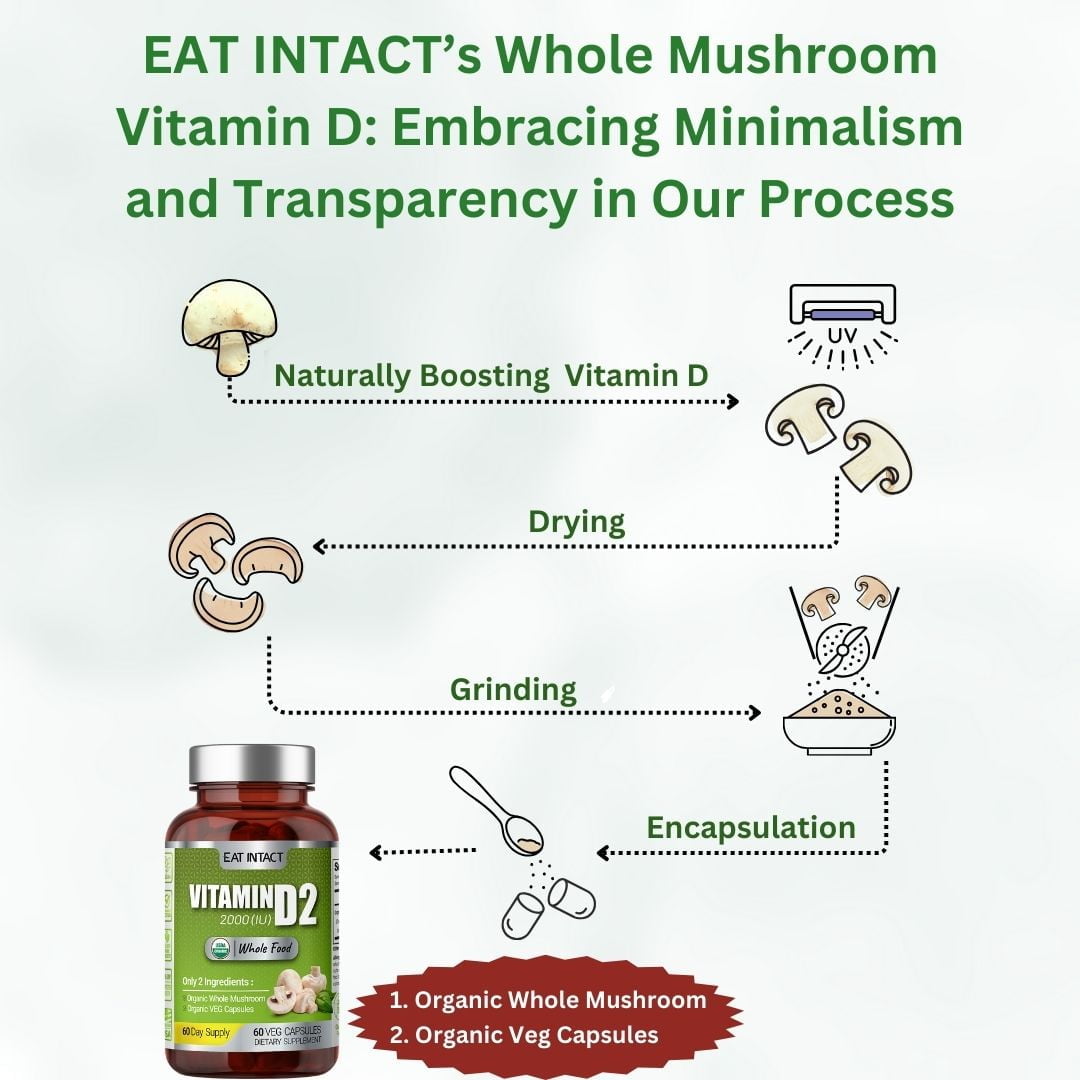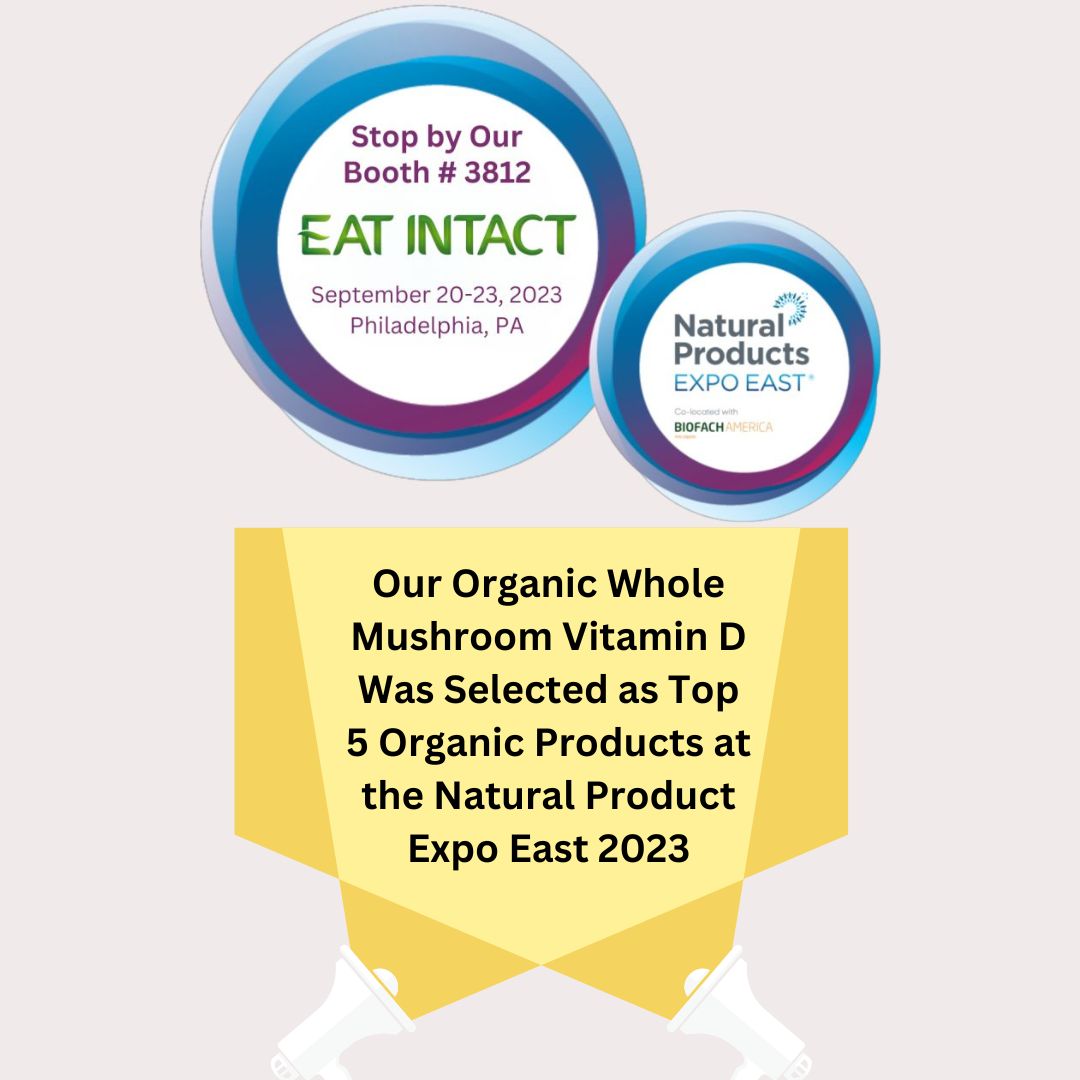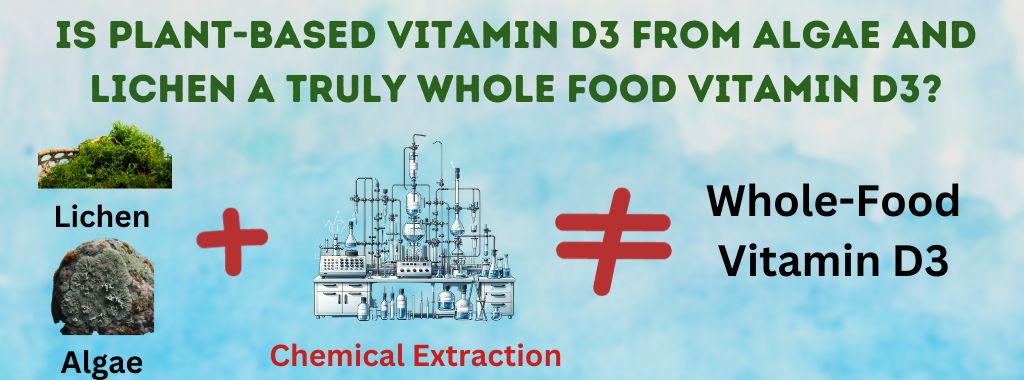Synergistic Power of Vitamins D and K: Strengthening Bones and Protecting Hearts The presence of vitamins D and K in our body plays a pivotal role in maintaining overall health, particularly in bone and cardiovascular health. Vitamin D is crucial for the absorption of calcium from the diet, while Vitamin K helps direct the proper deposition of that calcium into bones and teeth, rather than allowing it to accumulate in soft tissues like the coronary arteries, where it can lead to cardiovascular issues. Together, vitamins D and K work synergistically to enhance bone mineralization, a process critical for bone strength and health. Vitamin D increases the absorption of calcium from the gastrointestinal tract, and Vitamin K activates proteins that bind calcium to bones and teeth. This synergy ensures that calcium contributes to bone density rather than arterial plaque, reducing the risk of osteoporosis and vascular calcification. Additionally, these vitamins support other aspects of health beyond bone and cardiovascular systems. Vitamin D plays a role in immune function and has anti-inflammatory properties, while Vitamin K is involved in blood clotting processes and might also offer protective benefits against certain cancers. This interplay underscores the importance of maintaining adequate levels of both vitamins to support a range of bodily functions and promote holistic health. Bridging the Gap: Whole-Food Strategies for Vitamin D and K Sufficiency Vitamin D deficiency is common due to limited sun exposure, the primary natural source of Vitamin D, and lifestyle factors like spending more time indoors or living in higher latitudes where sunlight is scarce year-round. Additionally, very few foods naturally contain significant amounts of Vitamin D, making it challenging to obtain adequate levels solely through diet. Foods that do contain Vitamin D include fatty fish, fish liver oils, and fortified products, but these might not be consumed in sufficient quantities by everyone, contributing to the prevalence of Vitamin D deficiency. Given these challenges, Vitamin D supplementation becomes necessary for many individuals to ensure they meet their daily Vitamin D requirements. Supplementation provides a reliable means to prevent deficiency, support bone health, immune function, and overall well-being, especially for those with limited sun exposure or dietary sources of Vitamin D. On the other hand, vitamin K deficiency in adults is very rare, primarily because it can be readily obtained through various dietary sources and is also synthesized by our body’s gut microbiota. The diet provides ample opportunities to consume Vitamin K, particularly through the consumption of green leafy vegetables such as kale, spinach, broccoli, and collard greens, as well as fermented foods like natto and sauerkraut. This abundance and variety of Vitamin K sources in a balanced diet, combined with the body’s ability to produce it, significantly reduce the need for Vitamin K supplementation for most individuals. Scientific research supports the superiority of nutrients derived from whole foods, demonstrating their greater efficacy in disease prevention and health enhancement compared to synthetic alternatives, which may lack benefits and pose potential risks therefore, these diverse dietary sources of Vitamin K not only satisfy our nutritional needs but also embody a holistic approach to nutrition. This philosophy emphasizes the importance of obtaining nutrients from whole foods, which naturally contain a broad spectrum of vitamins, minerals, and other beneficial compounds. Such an approach aligns with the principles of whole-body health, ensuring that our dietary choices support all aspects of our well-being. In parallel to this holistic strategy for Vitamin K, opting for truly whole-food Vitamin D supplements, like our organic whole mushroom Vitamin D, extends this philosophy to Vitamin D intake. These supplements offer a natural form of Vitamin D, harnessing the synergy between Vitamins D and K when consumed as part of a balanced diet. This approach not only ensures that we’re meeting our Vitamin D and K requirements in a manner that’s aligned with nature but also maximizes the health benefits of these vitamins by leveraging their natural synergies. Together, these practices represent a comprehensive, holistic approach to nutrition, promoting optimal health through the mindful selection of whole-food sources and supplements. Embracing Nature’s Wisdom: A Holistic Approach to Vitamin D and K Therefore, for healthy individuals without specific medical advice, focusing on a nutrient-rich diet may suffice to ensure adequate vitamin K intake. This approach not only nurtures your body with the full spectrum of natural nutrients but also honors the principle of holistic well-being, emphasizing that nature often provides the most potent medicine. Incorporate whole-food vitamin D into your routine to bridge the gap left by limited sunlight and embrace a diet rich in natural sources of vitamin K. Together, let’s step closer to health that’s rooted in the wisdom of nature. This post aims to clearly differentiate the needs for vitamin D and K supplementation, emphasizing the benefits of whole food sources and the importance of diet in achieving optimal health, all while promoting a holistic and nature-based approach to nutrition. Important Reminder: Seek Professional Medical Advice As we advocate for a holistic approach to integrating vitamins D and K through diet and supplementation, especially for those in good health and without dietary restrictions, it’s important to remember that individual needs can vary. If you have specific health conditions, or dietary limitations, or are under medical advice, please consult with your healthcare provider. This ensures that the nutritional strategies you adopt are in harmony with your unique health profile and medical requirements.










